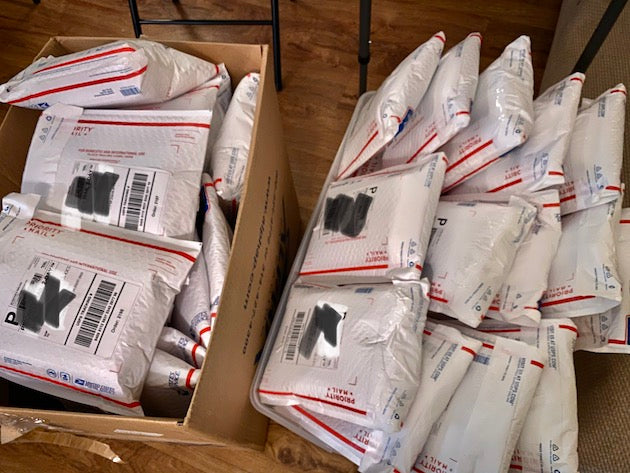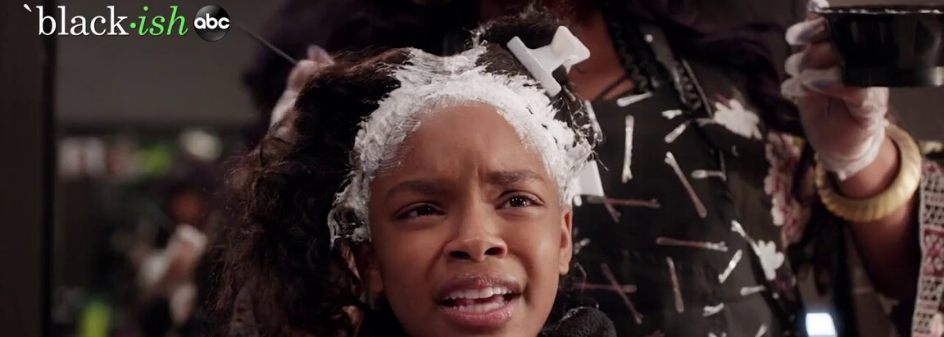Wondering what slippage is and how to prevent your locs from unraveling? Well, you’ve come to the right place!
What is Slippage?
Slippage is used in the sisterlock community. If you have sisterlocks or small interlocs, and you’re experiencing slippage, then you need to hold off on a lot of moisturizing. Your sisterlocks need some traction to start mending together. Over oiling and moisturizing, depending on your hair texture, like those with a finer hair texture, can create slippage. With more coily hair, you can probably get away with a lot more moisture, but still be aware of how you moisturize. Though you may think moisturizing your locs is essential for maintaining locs, overdoing it, like anything in life, can create issues.
In general, sisterlock ladies need to avoid over moisturizing the first 6 weeks. If you’re experiencing slippage, then we always recommend seeing a professional and getting their first hand opinion. If you have traditional locs, with average size to thicker locs, your hair can slip out if you over moisturize as well.
What is Unraveling?
This can happen at the root after you just got your hair retwisted. Swimming, especially after a retwist can cause the hair to unravel. If your hair is in the baby or teenage stage, the hair unravels more often. But in the mature or adult phase, if you go swimming as a regular activity, or over moisturize, your roots can unravel.
As a side note, leave-in conditioner on retwisted locs won't cause the locs to unravel. But, with a heavy hand, it can unravel at the root after its been retwisted. So again, try to avoid over moisturizing. And, if you’re unsure, always ask a loctician. A professional loctician can give you the best first hand advice for your locs.
Can Styling Cause Loc Unraveling?
Heavy styling in the early stages can create waves or coils in the hair if you do it often. Your hair can grow like that, but it won't unravel. It sometimes helps with the locing process, but ask a professional if you don't want coils or crimps in the hair.
Will Trimming Locs Cause Unraveling?
Cutting into the locs and trimming the locs can cause the ends to unravel, especially if you've had loc extensions. There are tools people use to repair the ends which have unraveled. But, twisting the ends into ringlets or coils is another option that can quickly repair the unraveled locs. If you’re considering cutting or trimming your locs, we recommend you read up on trimming your locs beforehand, since it may not be all that necessary.
What to do if you experience slippage or unravelling
If you have interlocked or sisterlocks, you'll need your loctician to fix the slippage. Hopefully you spoke to your loctician about what their policies are. Going back and re-interlocking, sometimes even the entire loc, might be necessary. You’ll want to speak to your loctician about their policies to get a clear picture of what they’re prices cover and what will be added expenses. Being informed prevents undesirable surprises, especially ones that affect our wallets.
Unraveling, on the other hand, just requires retwisting. If you experienced unraveling post-swim or, during an intense rainfall when your hair wasn't covered, you’ll need to retwist it, or re-do it the way you did your locs. It’s nothing to stress out about, but is something you’ll want to take care of right away.
If you have concerns or questions about your locs, we highly recommend seeing a loctician who can give you their professional opinion. Sometimes the information online might not be the right solution for your locs. The more you get to know your hair’s rhythm and tendencies, the more you’ll be able to confidently resolve issues that turn up. But, in the beginning stages, or when you’re feeling less confident about what’s going on, the best answers will come from a professional who is looking at your hair first-hand.




